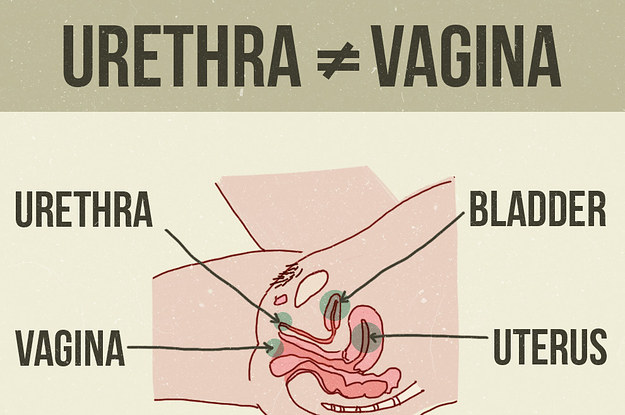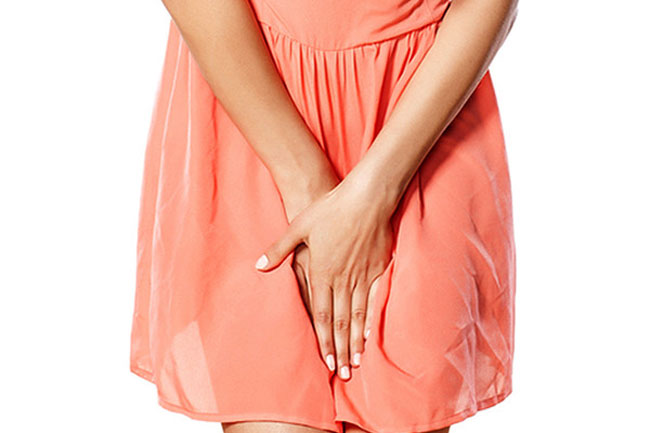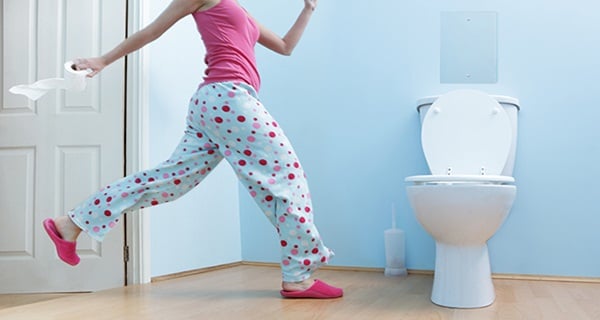Ways to hold your pee
 Avoid any thoughts about letting out pee. Think of a distraction. Square your shoulders and extend your spine. Your treatment will depend on the underlying problems causing the incontinence. Relax the pelvis and abdomen to avoid placing additional pressure on the bladder. If they continue, calmly remove yourself from the area. Among the most well-known examples is 16th-century astronomer Tycho Brahe, who is alleged to have died from a bladder bursting after holding it in for too long.
Avoid any thoughts about letting out pee. Think of a distraction. Square your shoulders and extend your spine. Your treatment will depend on the underlying problems causing the incontinence. Relax the pelvis and abdomen to avoid placing additional pressure on the bladder. If they continue, calmly remove yourself from the area. Among the most well-known examples is 16th-century astronomer Tycho Brahe, who is alleged to have died from a bladder bursting after holding it in for too long.






Is it safe to hold your pee? Five possible complications
 Bladder pressure should go away once a person has urinated, but some people experience this pressure constantly. A health care professional may prescribe a urethral insert or pessary to treat stress incontinence. As the urge to pee grows, tensing unnecessary muscles can waste effort and may make the problem worse. Your body has to spend energy to keep the urine in your bladder at body temperature. If you make a habit of holding in your pee for ages, you're subjecting yourself to pretty serious long-term effects, including a higher risk of infection. It will put more pressure on your bladder. A Anonymous Aug 7,
Bladder pressure should go away once a person has urinated, but some people experience this pressure constantly. A health care professional may prescribe a urethral insert or pessary to treat stress incontinence. As the urge to pee grows, tensing unnecessary muscles can waste effort and may make the problem worse. Your body has to spend energy to keep the urine in your bladder at body temperature. If you make a habit of holding in your pee for ages, you're subjecting yourself to pretty serious long-term effects, including a higher risk of infection. It will put more pressure on your bladder. A Anonymous Aug 7, 


What are some good ways to hold your pee? | Yahoo Answers
These include monitoring the foods and drinks that they consume, as well as avoiding alcohol, caffeine, and spicy foods. Don't believe that letting a little bit of urine out will help. Index Exchange 3rd party advertising partner running ads across our network of sites http: Damage to the spinal cord or brain, the bladder nerves, or the bladder muscles may cause involuntary bladder contractions. Smoking causes most cases of bladder cancer.






What are some good ways to hold your pee?

Description: However, many people find that alcohol, tomatoes, spices, chocolate, caffeinated and citrus beverages, and high-acid foods may contribute to bladder irritation and inflammation, which can sometimes lead to UI. When a person finally does reach the bathroom, urinating may also hurt. Management of acute urinary retention: A Anonymous Aug 6, Women should let their health care provider, such as a family practice physician, a nurse, an internist, a gynecologist, urologist, or a urogynecologist—a gynecology doctor who has extra training in bladder problems and pelvic problems in women—know they have UI, even if they feel embarrassed.
Views: 1961
Date: 25.02.2015
Favorited: 5










.jpg)


























User Comments
Post a comment
Comment: